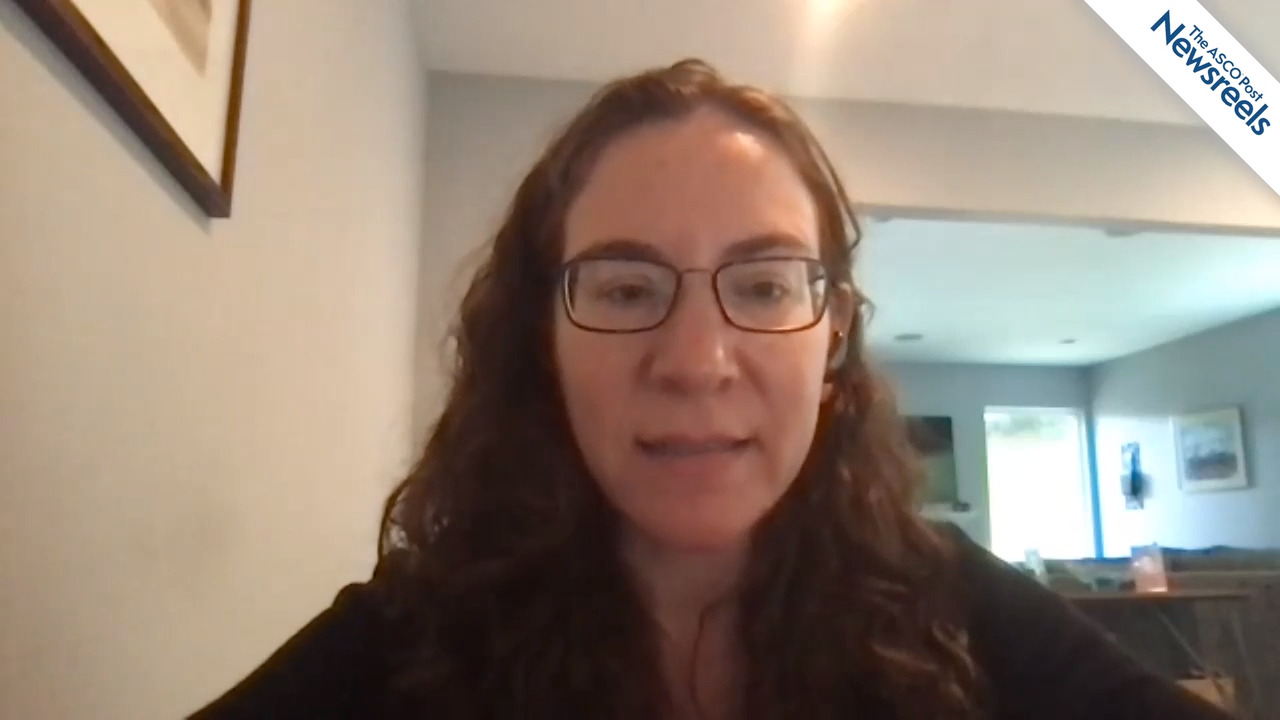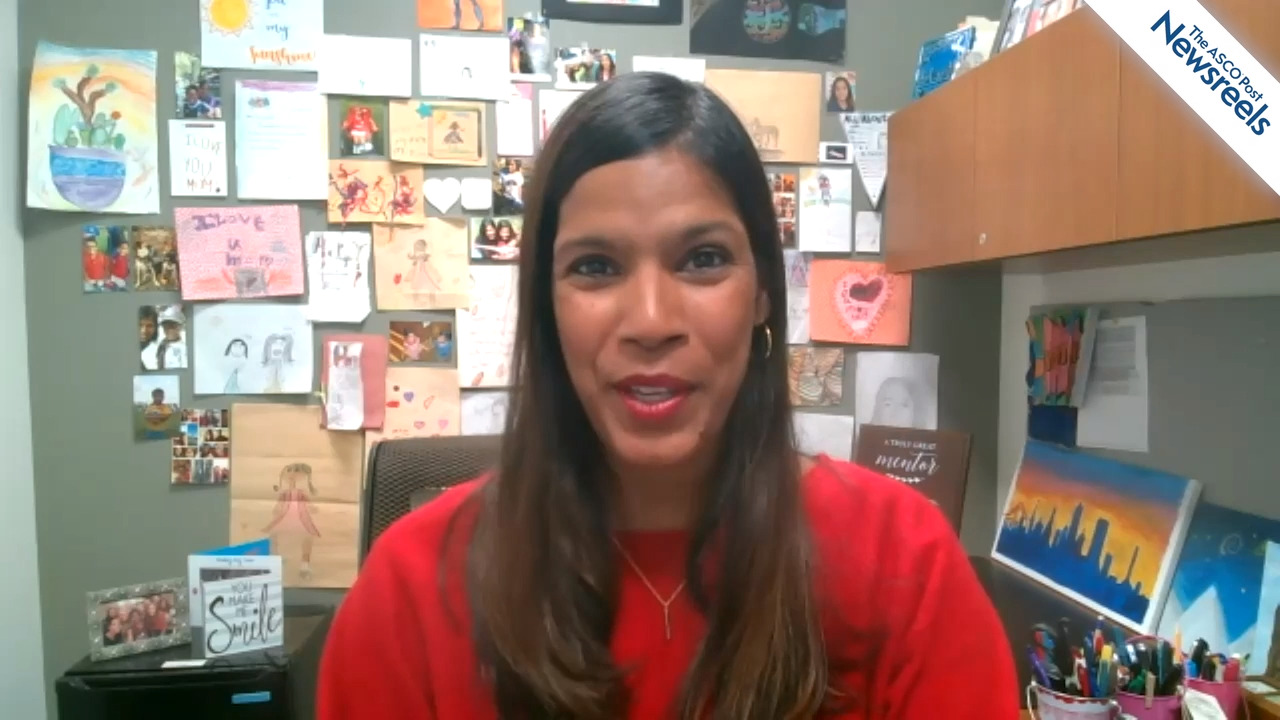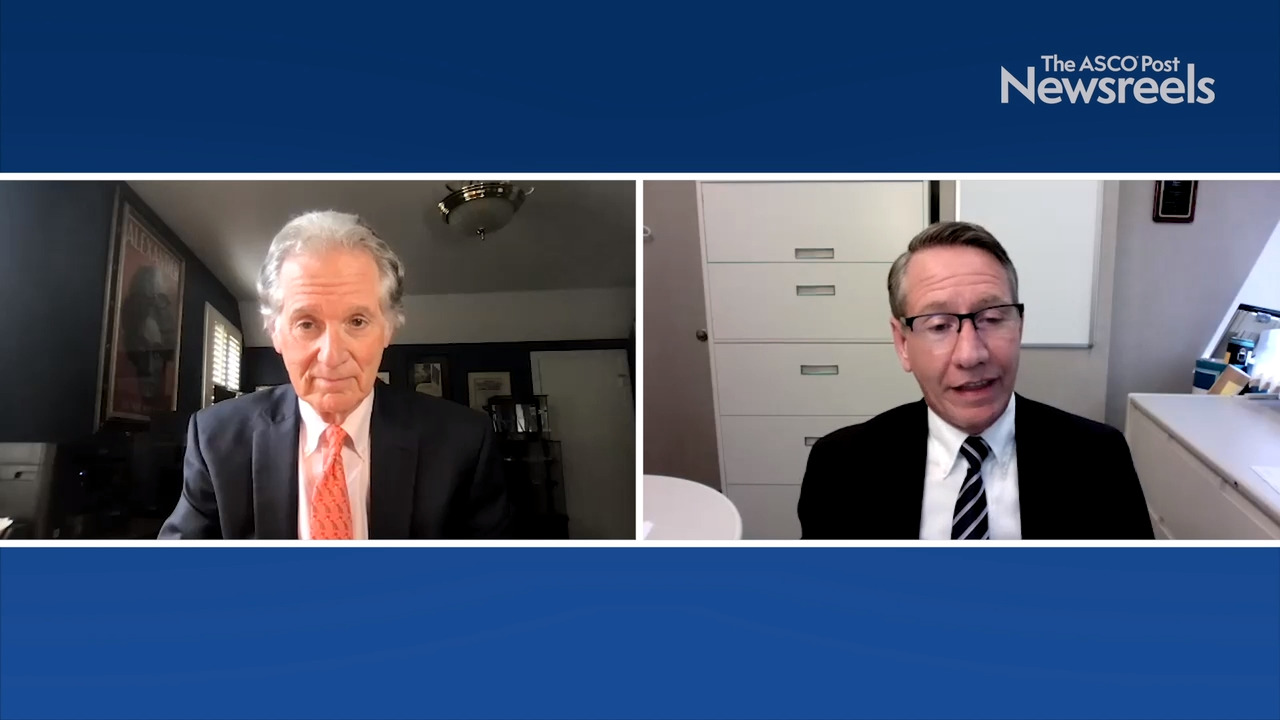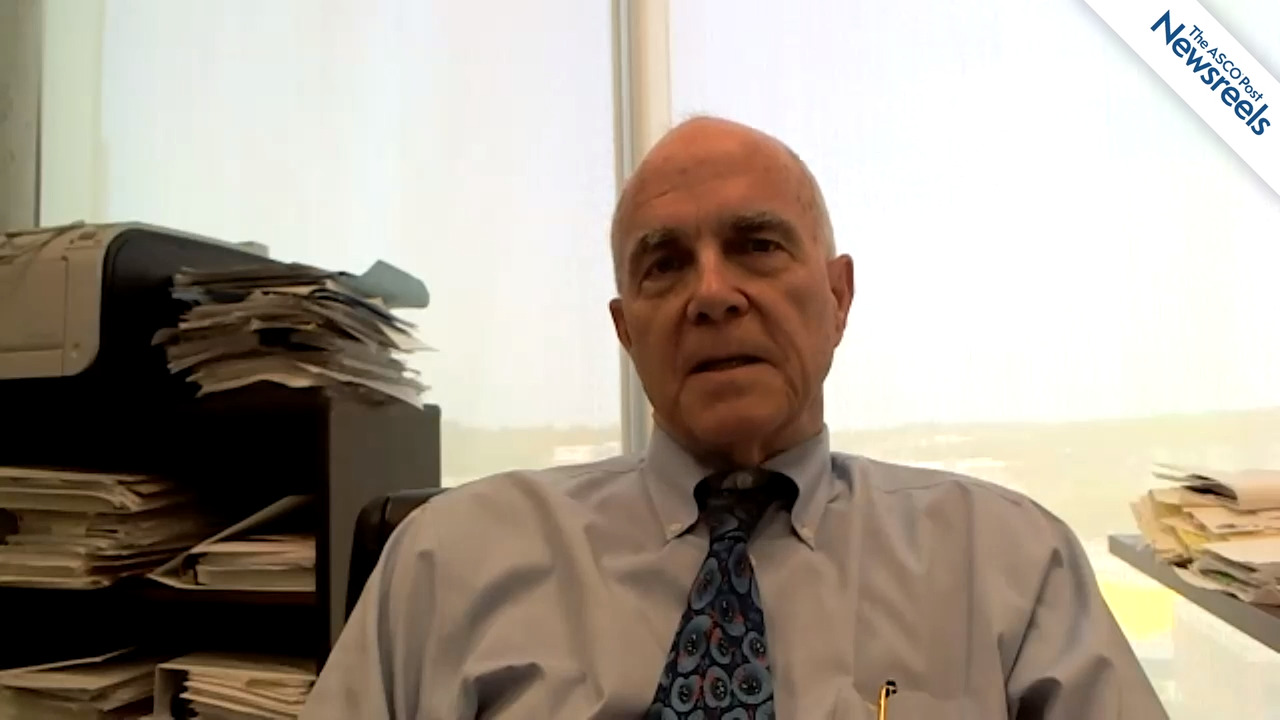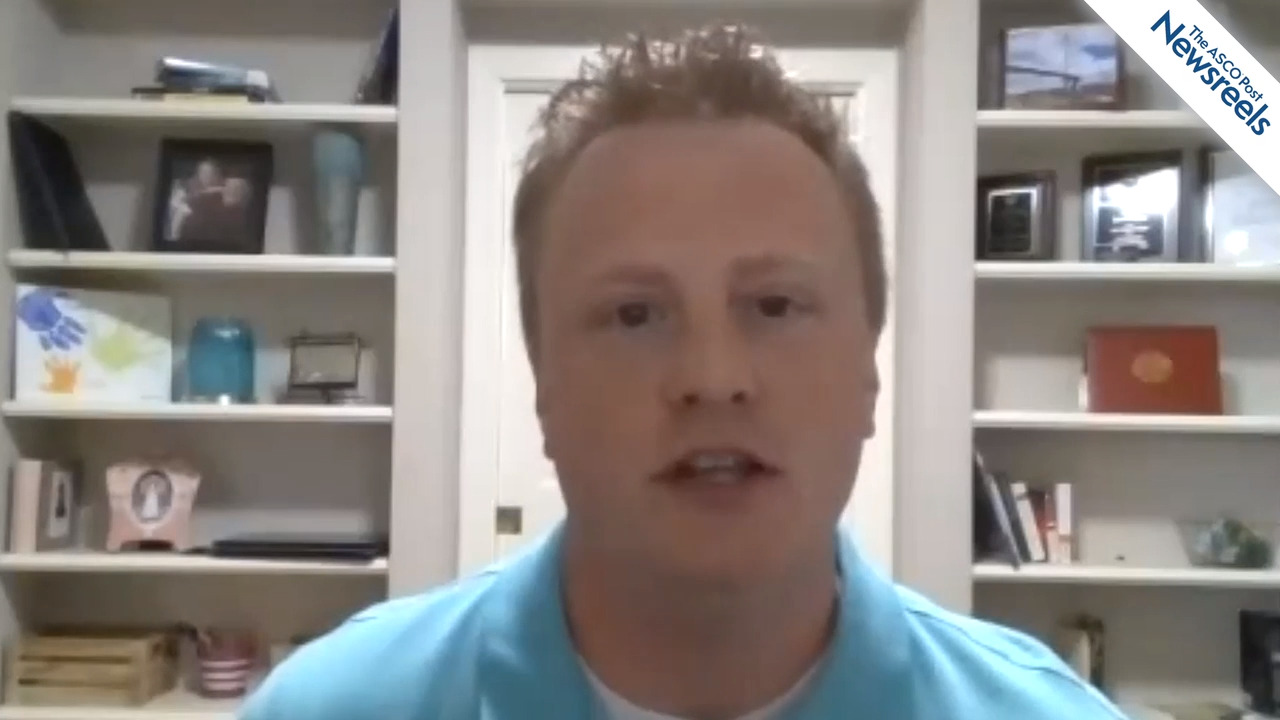Peihua (Peggy) Lu, MD, on CAR T-Cell Therapy: Research in China
2021 Pan Pacific Lymphoma Conference
Peihua Lu, MD, of Lu Daopei Hospital, discusses the state of research in China on CAR T-cell therapy, placing it in the context of the global development pipeline and the progress being made.
The ASCO Post Staff
Alison J. Moskowitz, MD, of Memorial Sloan Kettering Cancer Center, discusses the combination ABVD (doxorubicin, bleomycin, vinblastine, and dacarbazine), individualized approaches for treating patients with Hodgkin lymphoma, and novel methods for risk stratification.
The ASCO Post Staff
Nina Shah, MD, of the University of California, San Francisco, discusses triplet drug combinations that are the current standard of care for transplant-eligible and -ineligible patients with multiple myeloma, as well as quadruplet therapies that demonstrate depth of response in newly diagnosed cases, where they may become the standard of care along with transplantation and maintenance treatments.
The ASCO Post Staff
Stephen M. Ansell, MD, PhD, of the Mayo Clinic, and Bruce D. Cheson, MD, of the Lymphoma Research Foundation, engage in a lively debate about CAR T-cell therapy, how it fits in with immunotherapy and nonchemotherapy approaches, and how to decide which treatment is right for which patient, especially given the many challenges of obtaining CAR T cells.
The ASCO Post Staff
James O. Armitage, MD, of the University of Nebraska Medical Center, discusses various treatment regimens for patients with Hodgkin lymphoma, including BEACOPP, brentuximab vedotin, ABVD, A-AVD, nivolumab, and pembrolizumab—and the factors to consider when choosing among them.
The ASCO Post Staff
Jared E. Matya, PharmD, BCOP, of Nebraska Medicine, discusses oral agents and their toxicity profiles, as well as newer-generation agents that are often more selective and better tolerated. He describes how toxicity monitoring and management help to ensure patients with cancer remain on treatment.
